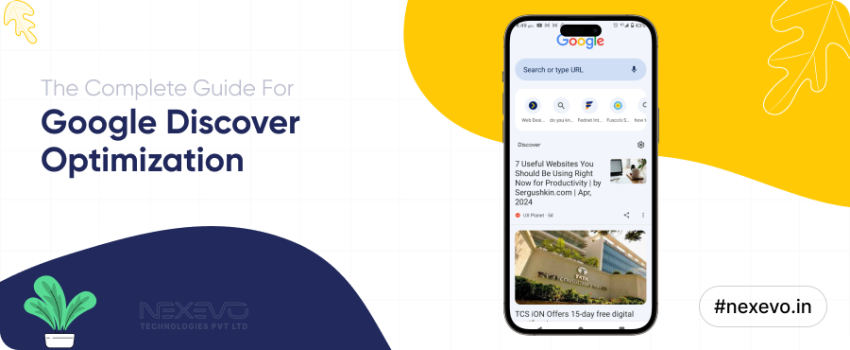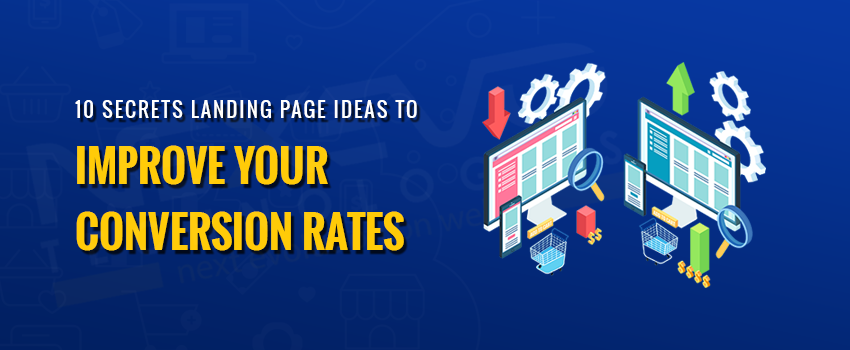How to Make an SEO-Friendly WordPress Website?

If you run a WordPress website, you must wonder, which are its Free Wordpress Plugins that can optimize your blog for it to become an SEO friendly website and to gain more visibility online.
After all, greater exposure for your blog and more organic visitors will come from higher ranks on Google and other key search engines.
Thus, by developing your wordpress website search engine-friendly, you make it simpler for search engines like Google to comprehend what you are selling, which makes it easier for people to locate your company. You will start to appear higher in search results after search engines understand the objective of your website.
For more than 10 years, SEO has played a significant role in my professional life. I have noticed and overcome a great deal of the difficulties and chances that companies encounter while optimizing websites during the previous ten years.
Top 10 Best Ways Make SEO Friendly WordPress Website
WordPress, which is regarded as one of the systems with the best SEO capabilities, comes with tools that may help you optimize your blog for search engines. In the sections that follow, we'll go through how you can leverage these built-in capabilities as well as other services and tools to increase your chances of ranking.
1. Hosting:
Prior to installing WordPress, you should choose a hosting provider that can assist safeguard and accelerating your website. Although speed and security may not directly affect your ranking, a sluggish or compromised website may result in bad user experiences and decreased visitors. This eventually affects the SEO of your website.
2. Themes:
When choosing a theme, you should also take into account its code and design. A slow-loading theme or one with a lot of features might harm both your site's user experience and search ranking. One theme that is optimized for SEO is Brando. It is completely responsive, developed with HTML5 and CSS3, and built using Twitter Bootstrap to ensure that it is quick to load and search engine friendly.
3. Permalink:
A permalink on your WordPress site is a permanent URL or link to a particular post or page. WordPress by default employs a simple permalink structure, which means that your URLs will be randomly given a set of numbers and question marks to distinguish them from one another. Although this default configuration is perfectly functional, neither readers nor search engine crawlers can grasp the content or significance of your postings.
4. Download Plugin:
WordPress has decent SEO capabilities right out of the box. But we usually advise customers to set up an SEO plugin as well. By doing this, you may completely customize how Google interprets the information on your page. The Yoast SEO plugin, which is free, is the most popular, but it's not the only one!
5. Page Title and Meta Description:
You must fulfill the length criteria and include the keywords you want to rank for in your titles and meta descriptions to optimize them. Titles and meta descriptions should ideally not exceed 60 and 160 characters, respectively. Put your keywords up front if your title is lengthier. In this approach, even if the headline of your content is chopped off in SERPs at the conclusion, searchers will still find it relevant.
6. XML:
Search engines can quickly identify, crawl, and index your material by using XML sitemaps, which are files that detail every page on your website. Manually generating a sitemap is possible, but it involves some code. Otherwise, you may install one of the many sitemap plugins available to handle the work for you.
7. Heading:
The H1, H2, H3, and other HTML header elements are checked by the Google crawler (Googlebot) to assess how relevant the material on your site is. Generally speaking, the recommended practise is to use a single H1 tag for each article or page, followed by several H2 and H3 tags. Your emphasis keyword should be included in the H1 tag, which is the most important header. You may also use your keyword or long-tail versions of it in other headers.
8. Word Count:
Content is still king in 2022, as the old adage goes. High-quality content is beloved by Google and your audience alike. A long-form piece of material is also more preferable to a series of small ones. Of course, there are variations. The situation may be reversed if you run a news website since you'll need to publish material rapidly to stay current with events that are important to your audience.
9. Build Credibility:
In Google's Search Quality Raters' Guidelines, the idea of E-A-T (Expertise, Authoritativeness, and Trustworthiness) is underlined. In recent years, SEOs have begun to concentrate on this idea. The main notion is that websites should be developed with EAT in mind, showing that they are authorities in their sector and projecting authority and trust.
10. Optimize Images:
Your photos need to be optimized twice. To preserve the speed and functionality of your site, you must first ensure that they are appropriately sized and compressed. Both search engines can better rank photos on image results pages thanks to alt text, which informs search engines about the content of the images. Additionally, as Google currently prioritizes picture results over text results for particular keywords, it may improve your SERP ranking.
Conclusion
It takes time and effort to continually improve your blog's search engine optimization. Fortunately, several of the above-mentioned stages may be automated by WordPress plugins, which can simplify the process. The plugins listed below provide a variety of functions to assist you in creating XML sitemaps, implementing tags and categories, and putting thought into your blog's titles and meta descriptions will help you make it more appealing to users and search engines.
The majority of business owners are not programmers, but you don't need to know how to code to build up a website with optimum speed so your company may rank well in search engines. You can be sure that your new website will have a positive user experience, or UX if you utilize WordPress.com to create it. Mobile-friendly, quick, and simple-to-modify themes are available for both free and for purchase.











